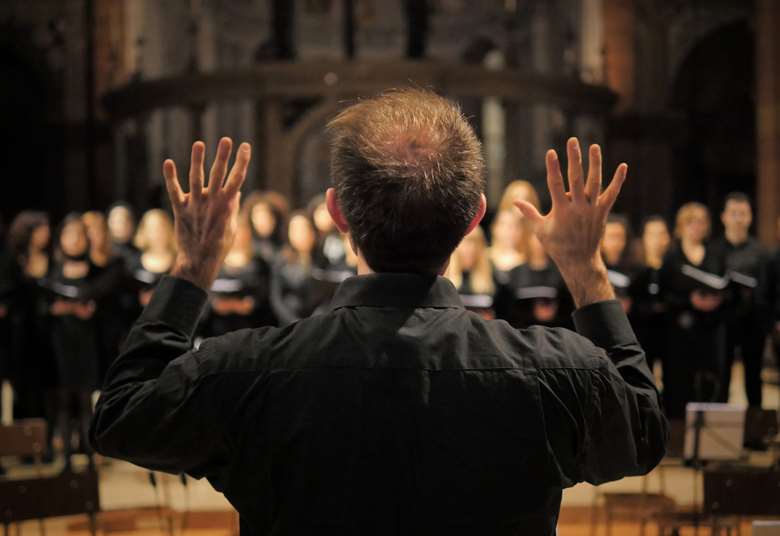St Martin’s Voices: touring during the pandemic
Toby Deller
Friday, December 3, 2021
Toby Deller speaks to St Martin-in-the-Fields music director, Andrew Earis, about his choir's online offering during the pandemic and their experience of touring in Autumn 2021


Register now to continue reading
Don’t miss out on our dedicated coverage of the classical music world. Register today to enjoy the following benefits:
- Unlimited access to news pages
- Free weekly email newsletter
- Free access to two subscriber-only articles per month